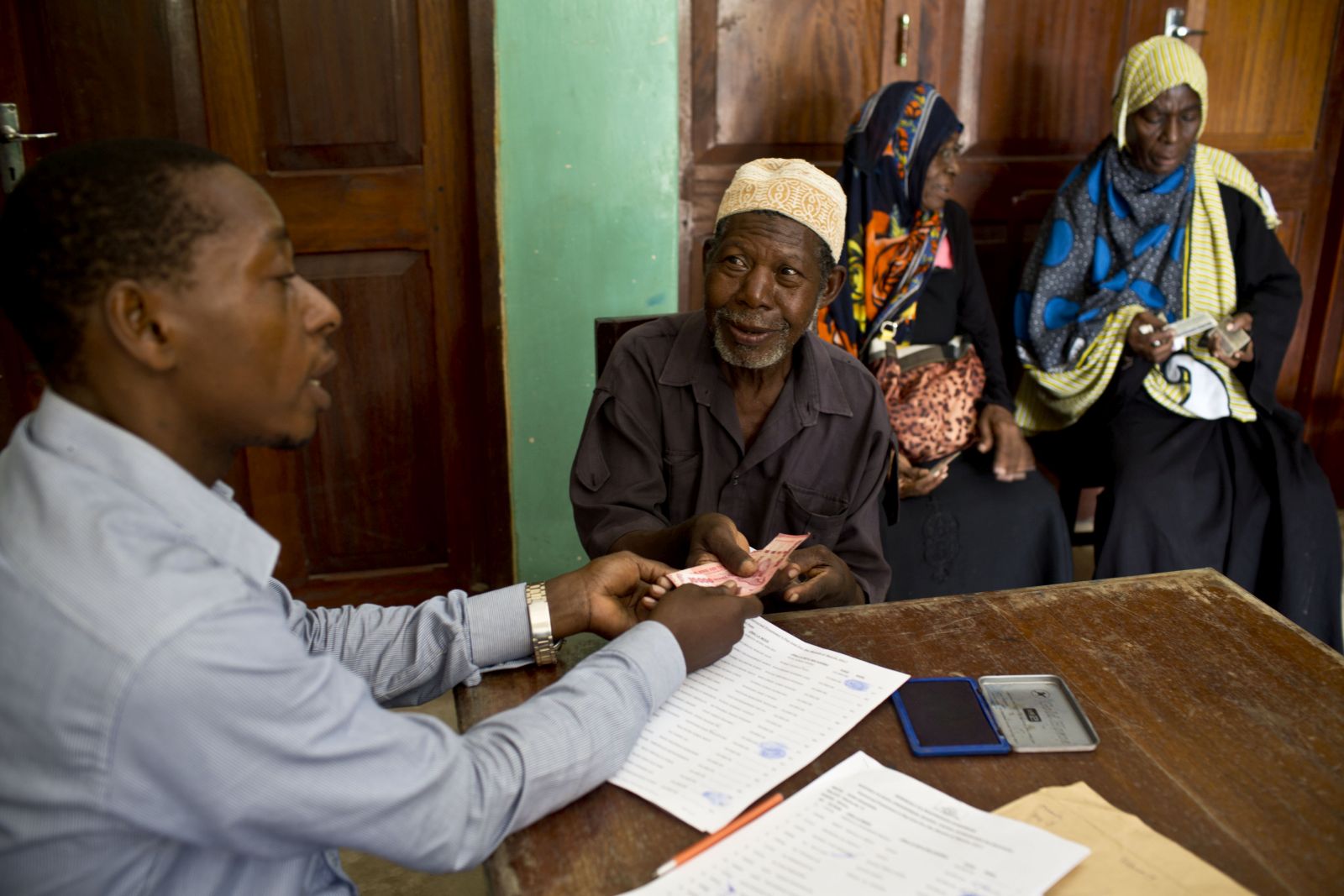To prosper, small African countries must cooperate closely
Most African countries do not tend to have huge populations. A sub-Saharan country with 30 million inhabitants is among the larger ones. Countries of that size, however, are the smaller ones in Asia.
Size matters. The bigger a country, the better its chances of developing. Foreign investors take interest in a country for two reasons: either they are keen on cheap labour to produce export goods, or they want to sell products within the country. To do so, they must find customers who buy their goods. The fewer people there are and the smaller their purchasing power is, the less likely it is that this country will attract investors that want to prosper in its markets.
What is true of foreign investors, is true of local ones too, of course. Small markets offer little scope for growth. To exploit economies of scale, entrepreneurs need big markets. Therefore, small countries are well advised to pool policymaking and sovereignty in important fields if they want to make progress.
Benin, for example, is a small country and thus not an attractive market in itself. As a member of ECOWAS, the Economic Community of West African States, it looks more promising. Just how promising it looks, however, depends on how well ECOWAS is developing.
There are aspirations for free-trade zones spanning several regional organisation in Africa, all the way from Cairo to Cape Town, or even covering the entire continent. I doubt that is the best approach. It is no secret that Africa’s regional economic blocks are not as efficient and effective as one would desire. Typically, they lack common infrastructure such as roads and railway lines, power generation and transmission or water supply. More needs to happen. Moreover, joint policymaking and implementation of programmes has proved difficult in the existing regional organisations. Trying to involve even more governments may not be the best way to move forward.
This year’s PEGNet conference will discuss the matter. It will take place in Kigali in September. PEGNet stands for Poverty Reduction, Equity and Growth Network. The Network links acadamic researchers to practitioners of development agencies. The call for papers has recently been released and can be found at: http://www.dandc.eu/en/article/pegnet-call-papers
D+C/E+Z is the media partner of PEGNet, and my colleague Katja Dombrowski will cover the conference in Kigali. I envy her a bit; I wouldn’t mind going there myself. But it is her turn to travel, and in this case, assigning her makes sense in particular. Katja has lived in Kigali for a while, so she knows the place and will get a much better idea than I ever would of how Rwanda has recently been developing – and what difference membership in the East African Community (EAC) has made for this small, landlocked post-crisis country.













